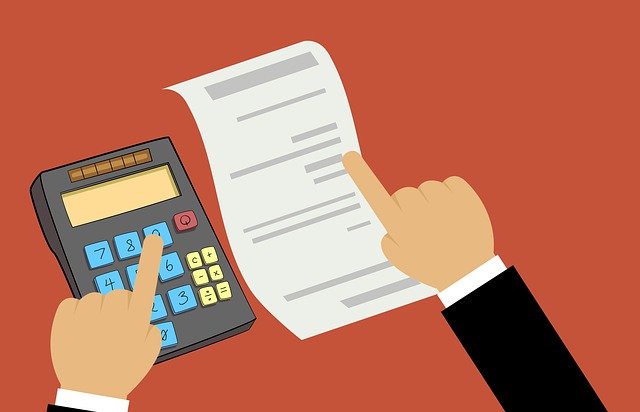It is the duty of every citizen living in any country to pay taxes. Taxing ensures that all people play their part in the development and growth of the economy. Taxation is also vital for creating opportunities, public goods, and services; it provides stability and security for citizens. Governments set tax rates to balance fairness with incentivizing productivity. But does this extend to national leaders such as the prime minister?

PMs are appointed as “the leader of the government of a country that is a constitutional monarchy [Source], and in countries which have presidents, prime ministers are elected as heads of the government while the president serves as the head of the state. This means that PMs are involved in policymaking and directly involve establishing institutions that design the collection of taxes. So can PM pay taxes just like ordinary citizens?
Certain groups of people are exempted from paying taxes, depending on a country’s constitution. These arrangements are made in consultation with Parliament. Such groups include ‘Not-for-Profit Organizations,’ which denotes organizations focused on religious activities, educational and humanitarian entities such as churches, hospitals, synagogues, universities, the Red Cross, homeless shelters, “and other groups that seek to improve our society” [Source].
Other categories are linked to citizens working abroad, and they are mandated to pay taxes. Low-income earners are also exempted because they fail to reach the set level or standard deduction of money one should get to have a viable livelihood. Taxpayers with various dependents and deductions can be exempted from paying their taxes since their income has to fund many needs.
PMs do not qualify in any aforementioned categories, and they are part of the ‘rich’ individuals. PMs and presidents are known for amassing wealth from the nation’s resources or other business ventures entered using the political card.
According to news sources, UK PM Boris Johnson pays his taxes as it was revealed that “He does have to pay tax on some of the bills paid for his residence, such as heating, lighting and repairs” [Source], meaning the PM does contribute his share but in other aspects which differ from the ordinary citizens.
Various parties argue that PM Johnson does pay taxes [Source], but many were sure that he pays taxes on his government salary, and it was not clear about the income from other sources. It was also argued that Boris is mandated to pay taxes because he “does not manage the tax money himself (The Chancellor and Treasury do) and release a budget of what they spend it on.”
In Austria, “Australian law requires everyone who has an income to pay tax unless they have an exemption. There is no exemption for the role of prime minister, so he must pay income tax” [Source].
The underlying view from vast countries with PMs notes that PMs pay their taxes, but they can be exempted from certain payments depending on a country’s laws.







































